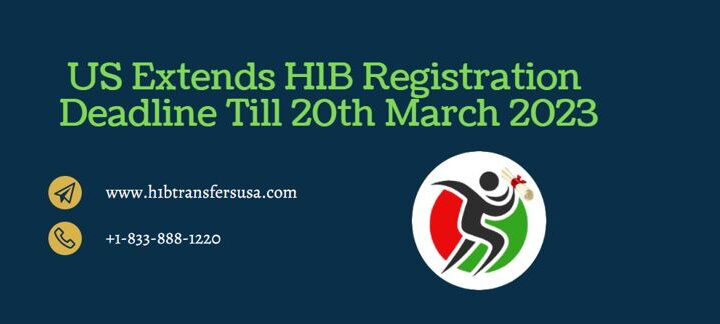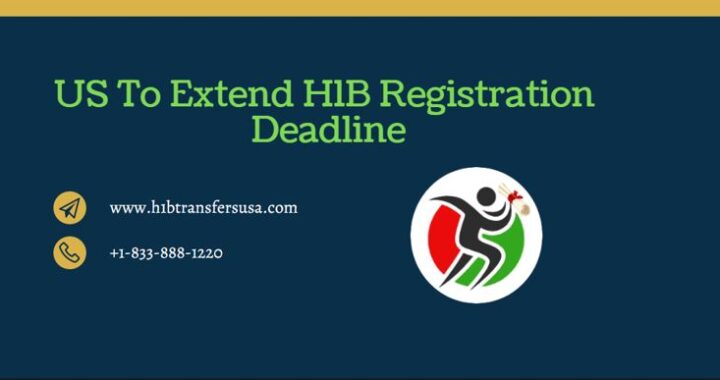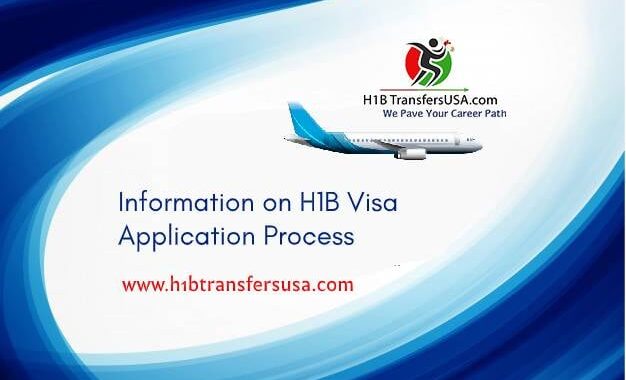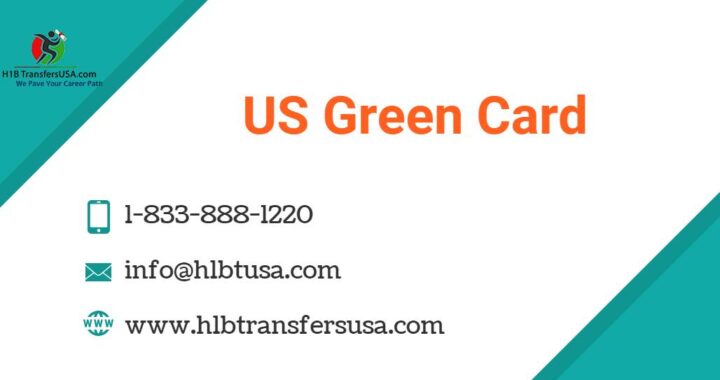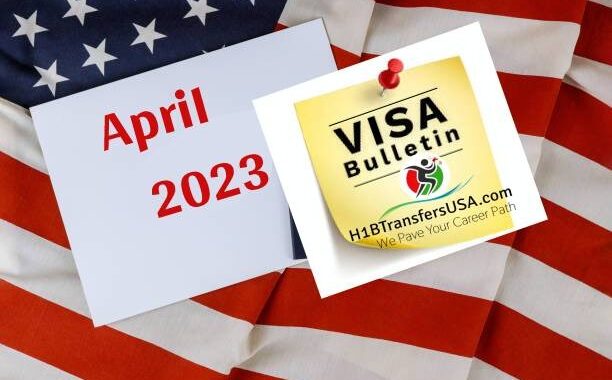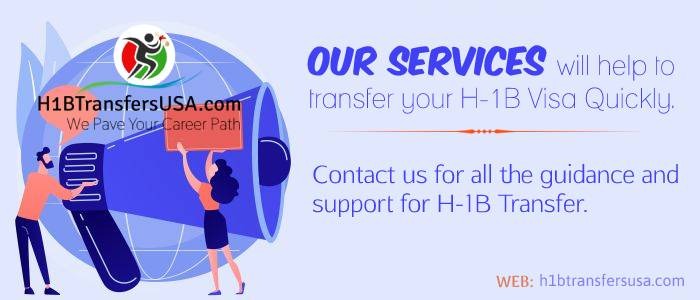State Department Expands Exceptions to Regional COVID Travel Bans to Include Immigrant & Fiancé(e) Travelers & Certain Exchange Visitors
4 min read
On 8th April 2021, the State Department updated its policy on categories of visa candidates eligible for national interest exceptions (NIE) from the regional COVID-19 travel bans in effect for Brazil, China, Iran, Ireland, the Schengen Area, South Africa, and the United Kingdom (Presidential Proclamations 9984, 9992 and 10143). Under the new policy, those going on immigrant and fiancé(e) visas. As well as certain exchange visitors and pilots and aircrew are currently categorically approved for NIEs.
Background on regional COVID-19 travel bans and NIEs
The COVID-19 regional public health bans restrict travel for foreign nationals who have been physically present in a recognized country. Within 14 days of looking for entry to the United States and who don’t meet all requirements for a ban exception. Transit through an airport in an affected country counts as presence in that country. Certain categories of people are not subject to or are explicitly exempt from the bans. Including U.S. residents and lawful permanent residents (green card holders) and their immediate family members. Also, certain foreign nationals might be eligible for a discretionary waiver, called a national interest exception (NIE).
When an NIE is obtained, the foreign nationals must travel to the United States. Within the 30-day NIE validity (just for a single entry to the United States). The individuals who require an NIE to defeat a regional ban should get the approved NIE. Even if they already have a valid visa in their passport (except F and M students subject to the Ireland, Schengen, and U.K. bans).
Expanded national interest exception categories
The following categories of foreign travelers will now be considered eligible for an NIE under any of the regional COVID travel bans.
Immigrants and fiancé(e)s
Foreign nationals might be given immigrant and fiancé(e) visas if otherwise eligible, despite the regional bans. However, reduced capacity and operations and steep application backlogs. At most U.S. consular posts could mean delays in appointments and visa issuance.
Certain exchange visitors
NIEs may now be approved for the following categories of travel by certain exchange visitors.
Travel by an au pair:
- To give care to a minor U.S. resident, LPR, or nonimmigrant where the au pair possesses special skills. Needed for a child with specific needs (e.g., medical, special education, or sign language);
- That prevents a U.S. resident, lawful permanent resident, or nonimmigrant from becoming a public health charge or ward of the state or a public-funded institution; or
- To give childcare services to a kid whose parents are engaged with the provision of medical care. To people with COVID-19 or with medical research at U.S. facilities to help combat COVID-19.
- Travel for an exchange program directed in accordance with a Memorandum of Understanding, Statement of Intent, or other valid agreement in effect before June 24, 2020. Between a foreign government and any federal, state, or local government entity in the United States that is designed to promote U.S. national interests.
- Also, travel by J-1 Interns and Trainees on U.S. government office supported programs (those with a program number start with “G-3” on Form DS-2019) that help the quick and continued economic recovery of the United States.
- Travel by J-1 Specialized Teachers in Accredited Educational Institutions with a program number starts with “G-5” on Form DS-2019. The exchange visitor will teach full-time, including a substantial portion that is in person. In a primary or secondary accredited educational institution where the applicant demonstrates an ability to make a specialized contribution.
NIEs under the regional COVID ban may now be approved for travel by pilots and aircrew. For training or aircraft pickup, delivery, or maintenance. This includes people who are traveling to the United States for training or airplane pickup, delivery, or maintenance on B-1/B-2, B-1, or M-1 visas, or under the Visa Waiver program. Also, the NIE covers certain M-2 dependents where the principal’s necessary training is four weeks or more.
What the new policy means for affected foreign nationals | Travel bans
A greater number of foreign nationals will be eligible for NIEs under the new State Department policy. However, reduced capacity and steep visa application backlogs at most U.S. consular posts are likely to continue to delay visa appointments and travel. All visa applications are focused on by consular posts as per the agency’s guidance on their phased resumption of visa services.
[Trump US immigration rule defense requested by Republicans]
In particular, the State Department focuses on U.S. citizen services first. Then followed by immigrant visa processing, and then nonimmigrant visa processing. Furthermore, visa appointments can be at risk of cancellation due to local COVID and staffing conditions. Foreign nationals are encouraged to plan travel with some flexibility in the context of the ongoing COVID emergency. As changes to consular operations and travel restrictions may occur with little or no notice.

